As some readers of this fine weekly will know, my family and I spent eleven wonderful years living and working in New Zealand. From 1993 to 2004 I was in the law faculty of the University of Otago in Dunedin, right down near the bottom of the south island. It was a superb law school and an excellent university – plus, the Australian university disease of managerialism run riot and top-down decision-making on steroids (by a coterie of vice-chancellors and deputy vice-chancellors who, in statistical terms, were second-rate academics themselves, if that, and almost all lefties) had yet to reach...
Already a subscriber? Log in
Subscribe for just $2 a week
Try a month of The Spectator Australia absolutely free and without commitment. Not only that but – if you choose to continue – you’ll pay just $2 a week for your first year.
- Unlimited access to spectator.com.au and app
- The weekly edition on the Spectator Australia app
- Spectator podcasts and newsletters
- Full access to spectator.co.uk
Unlock this article
You might disagree with half of it, but you’ll enjoy reading all of it. Try your first month for free, then just $2 a week for the remainder of your first year.

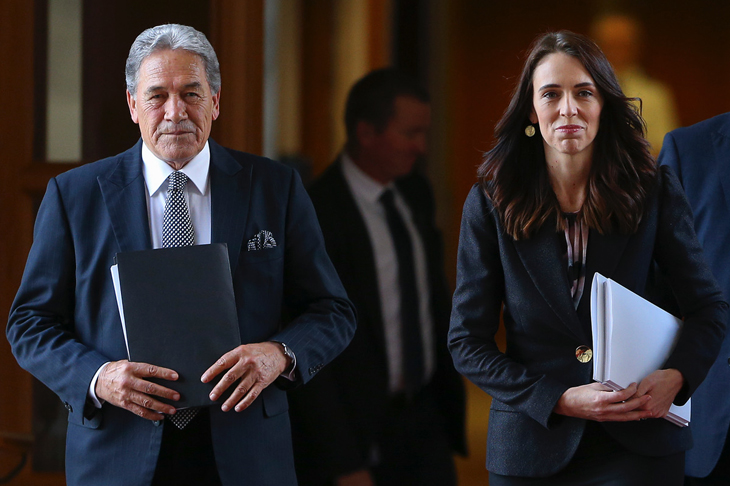
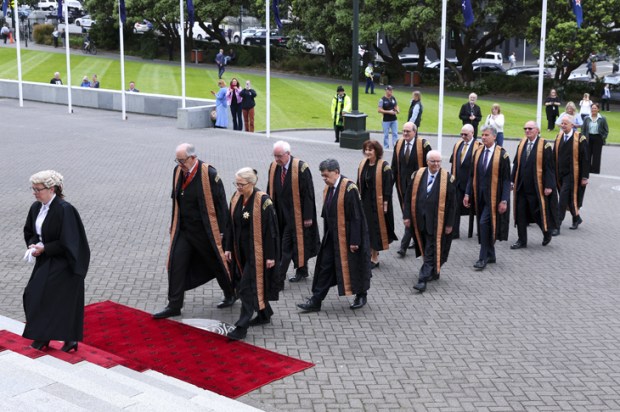
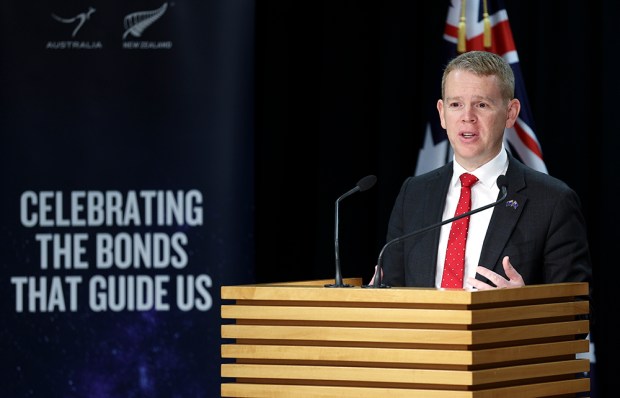
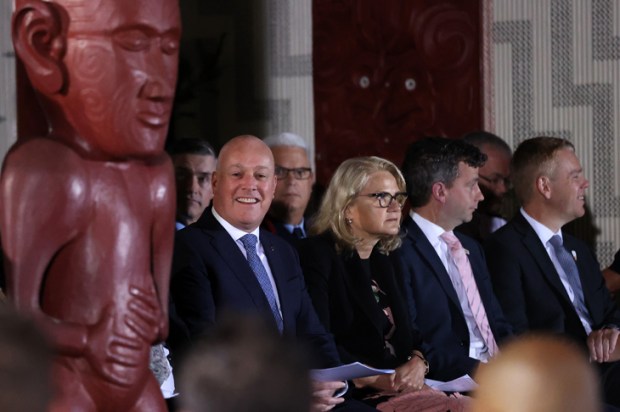

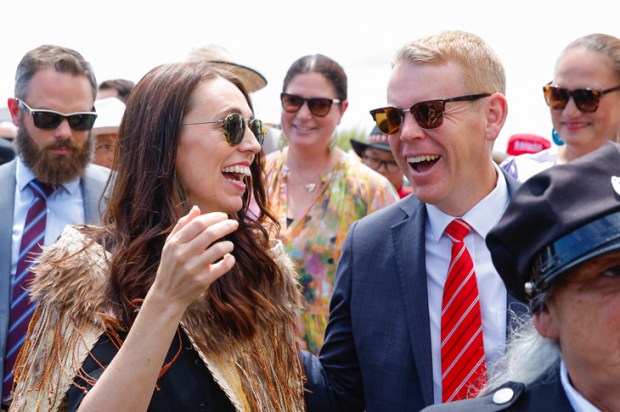
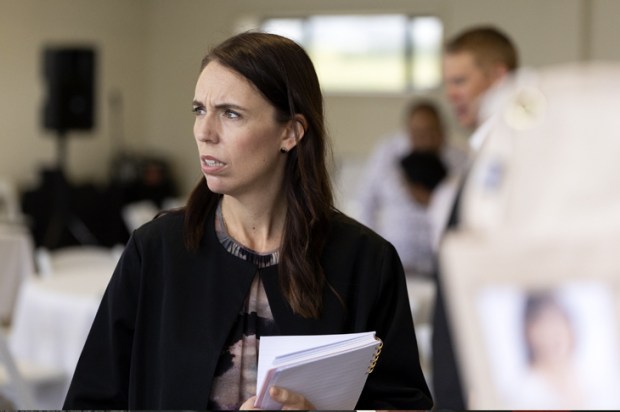






Comments
Don't miss out
Join the conversation with other Spectator Australia readers. Subscribe to leave a comment.
SUBSCRIBEAlready a subscriber? Log in